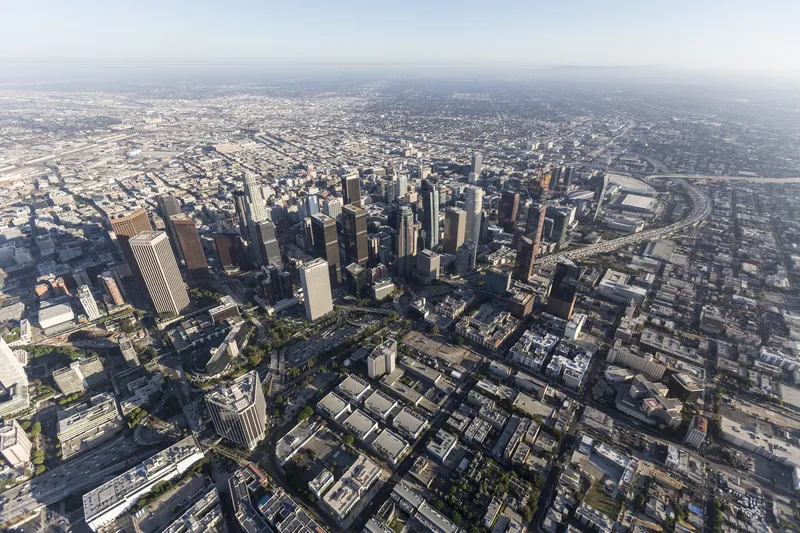EHang, an autonomous aerial vehicle (AAV) company, is to carry out an urban air mobility pilot in the city of Guangzhou, China.
Hu Huazhi, founder of Ehang, says the pilot will explore “the various meaningful ways in which AAVs can solve some of the stressors our congested cities face.”
EHang will help the Guangzhou government establish a command centre to help ensure that multiple AAVs can fly safely. In addition, the company intends to help the city build up the basic infrastructure to support urban air mobility, including safety rules.
Going forward, EHang plans to expand its operations to cover more areas in Guangzhou and transport a variety of goods, including blood and organs for emergency medical use.
“We are in conversations with other cities, not just in China, to develop safe, efficient and affordable autonomous air transportation,” Huazhi adds.
EHang to carry out urban air pilot in Guangzhou
EHang, an autonomous aerial vehicle (AAV) company, is to carry out an urban air mobility pilot in the city of Guangzhou, China.
Hu Huazhi, founder of Ehang, says the pilot will explore “the various meaningful ways in which AAVs can solve some of the stressors our congested cities face.”
EHang will help the Guangzhou government establish a command centre to help ensure that multiple AAVs can fly safely. In addition, the company intends to help the city build up the basic infrastructure to support u
August 19, 2019
Read time: 2 mins










